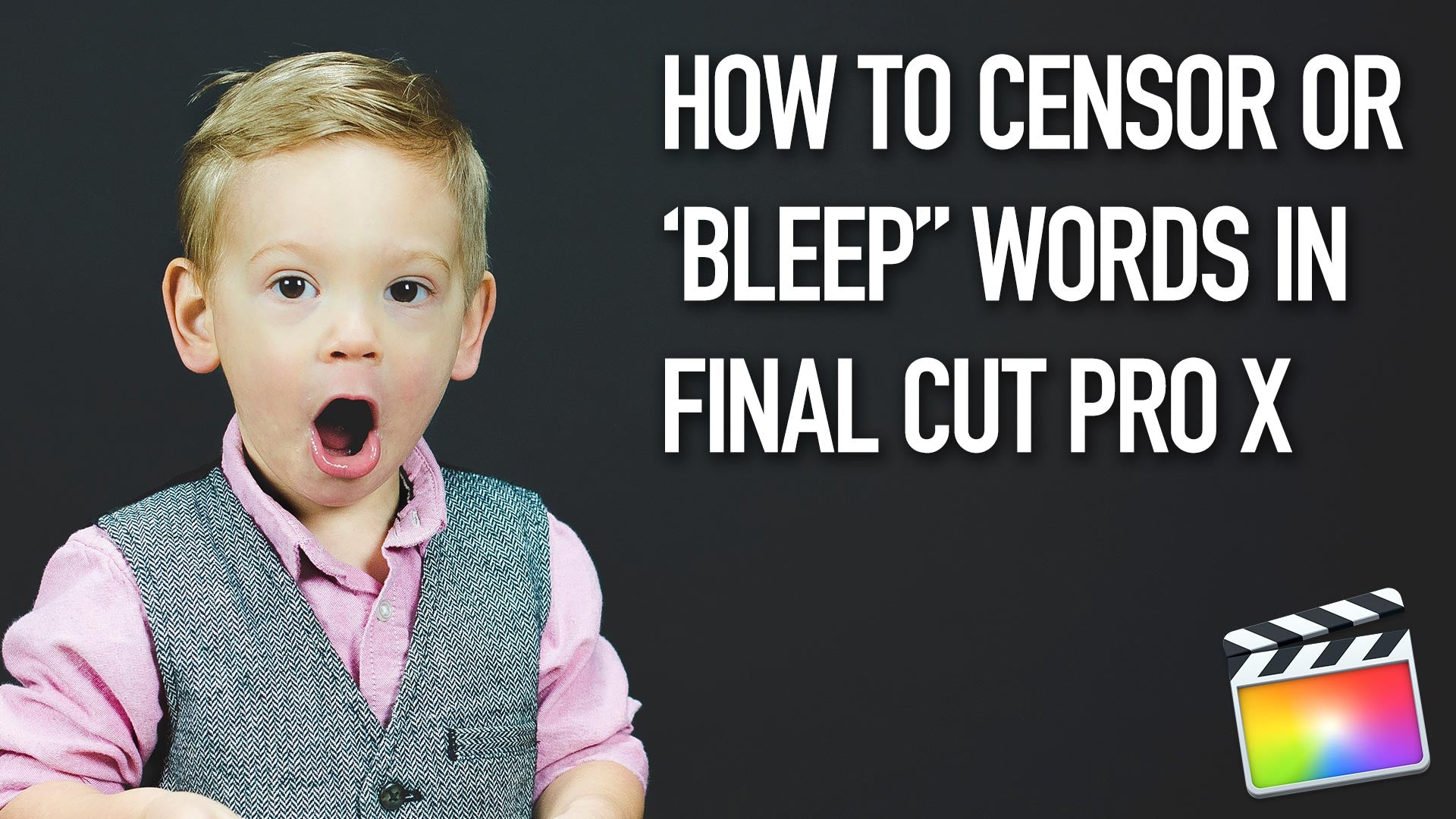

Westinghouse executives were already nervous about possibilities of this sort, and had wondered what to do if a 'red' got on the air. “They were certain there would be trouble from Washington. “The staff was terrified,” Barnouw relates. The means for censoring broadcast content came years before the emergence of the first national broadcast network The 1873 Comstock laws, which banned the distribution of “obscene” materials, including information about contraception, were still in force Petrova had, arguably, kind of broken the law. There was an old woman who lived in a shoe, She had so many children because she didn’t know what to do. She disarmed her hosts by announcing that she would be performing her own versions of Mother Goose rhymes, and then proceeded to read the following: Wartime restrictions were lifted, but the pioneers of broadcasting such as those at WJZ were mindful of potential government interference, and Petrova had a reputation as a firebrand.

After the armistice the Navy tried to retain monopoly control of radio, but Congress put a stop to their power grab. The Great War had just ended, during the course of which the government had forbidden the use of private radio equipment. One night in 1921, Petrova, then engaged at a Newark theater, went to the local radio station WJZ to perform. She was friends with Margaret Sanger, who founded the American Birth Control League, the organization that would later become Planned Parenthood. Petrova was “a fanatic on birth control and always making speeches about it,” according to Barnouw. This innovation seems to have been prompted by the 1921 appearance on Newark’s WJZ of one Olga Petrova (born Muriel Harding in 1884), a famous vaudeville actress and singer known (and feared) for her strong views. Or proto-bleeping, I should say, since the earliest system didn’t produce a censorship sound, but rather provided the engineer with a switch to a nearby phonograph that could be flipped to play music in case any troublesome content should appear over the live microphone. In A Tower in Babel, media historian Erik Barnouw describes the invention of bleeping at the dawn of the radio age. In the bleep lies the evidence that you are being “protected” - but by whom? Why? And from what? Bleeping also serves as proof that there is a watcher: someone looking out for us in advance. The bleep of censorship invariably draws attention to the material it was intended to conceal circles it, if you like, by loudly omitting it. Bleeping can also be understood as a vivid illustration of the First Amendment in action. There’s a temptation to believe that even so mild a form of censorship as broadcast bleeping is a curtailment of that freedom, but the truth is more complicated. A few curbs have been put up, though, notably by the Federal Communications Commission (FCC), the regulations of which largely determine what kind of material is bleeped out of radio and television broadcasts. The same is true of Amendments Two through Ten: the Bill of Rights is a political structure built to safeguard a democratic state, but its implications in the personal lives of that state’s citizens are immediate and profound.īecause of the ironclad protection of the First Amendment, it has proved very difficult for government to control what we can read, listen to or see.
#SUDDENLINK BLEEP CENSOR FREE#
And so the principle of free speech is growing, slowly and unsteadily, into the truth of its logic: each person, each member of the press, each citizen can believe, think, and speak independently and without fear of oppression. Over centuries, sometimes despite the most furious opposition, individuals have increased their participation and added the force of their lives, their words, and their ideas to the culture. What the First Amendment really grants is the power of society to maintain its own standards over those of government. By refusing to grant government the power to shut anyone up, no matter how obnoxious, the authors of the Bill of Rights ensured that even if the worst, most corrupt idiots managed to grab power they wouldn’t be able to silence their political enemies (in stark contrast to “the divine right” of kings, who dealt with the opposition by throwing it into a dungeon.) It’s just 45 words: “Congress shall make no law respecting an establishment of religion, or prohibiting the free exercise thereof or abridging the freedom of speech or of the press or the right of the people peaceably to assemble, and to petition the Government for a redress of grievances.” The Enlightenment sages who wrote the First Amendment into the US Constitution in 1791 created the most secure legal foundation for a real democracy in history thus far.


 0 kommentar(er)
0 kommentar(er)
